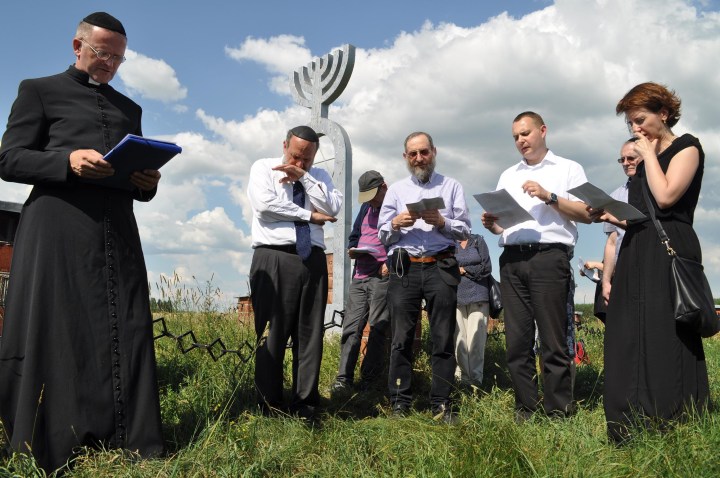By Delisa Morris
Impunity Watch Reporter, South America
SANTIAGO, Chile — Chile’s Supreme Court suspended the development of the El Morro mine owned by Canada’s Goldcorp on Tuesday. The Court sided with indigenous groups that oppose the mine because of its potential environmental impact.
The Diaguita community filed a request to cease mining, arguing that the mine could cause pollution in a local river.

The top court ordered the project’s environmental permit be withdrawn until the Diaguita indigenous community is consulted about the $3.9 billion gold and copper mine. In doing so, it overturned a lower court decision dismissing an appeal the Diaguita filed in April.
“The Diaguita people are happy that justice is on the side of the humble, of those who defend Mother Earth, our water resources and our indigenous land,” Diaguita leader Maglene Campillay said after the ruling.
Goldcorp, based in Vancouver, owns 70 percent of the mine, while New Gold Inc. owns the remaining 30 percent. Currently Goldcorp is trying to determine its next step.
“It may put us back a bit from a time standpoint. But we need… to get that deposit to the point where it’s ready to build anyway,” Jeannes said.
“If we have to go back to … permitting at the very beginning, it could take another two to three years before we’re even allowed to start,” he said.
The company’s five-year plan does not include any production from El Morro.
Goldcorp, the world’s largest gold miner by market value, expects gold prices to increase steadily after next year, when it says its output will peak, but Jeannes said he expected prices to stay roughly between $1,150 and $1,400 through 2015.
Spot gold rose to $1,227.40 an ounce early on Thursday, before paring some gains to trade up 0.3 percent at $1,225.64 by 0708 GMT.
“Goldcorp remains committed to open and transparent dialogue with its stakeholders and to responsible practices in accordance with the highest applicable health, safety and environmental standards,” Marks said.
Chile’s economy widely relies on the mining industry. Chile is the top copper producer in the world. The country boasts some of Latin America’s most stable ground rules for mining. However, mining and energy projects have been delayed as environmentalists and indigenous communities go to court demanding tougher protections for nearby populations and natural resources.
The mine is expected to be worth USD $4 billion.
The Diaguita stresses that local communities were never consulted on the El Morrow mine. Goldcorp has ceased construction on the mine twice before in 2012 and 2013.
For more information, please see:
BBC News – Chilean Supreme Court Orders Halt to Mine – 7 Oct. 2014
ABC News – Chile’s Top Court Halts Goldcorp’s El Morro Mine – 7 Oct. 2014
Jurist – Chile Top Court Halts Mining Development for Consultation – 8 Oct. 2014
Reuters – Goldcorp Looks to Cut Costs on Delayed El Morro Project in Chile -CEO – 9 Oct. 2014


